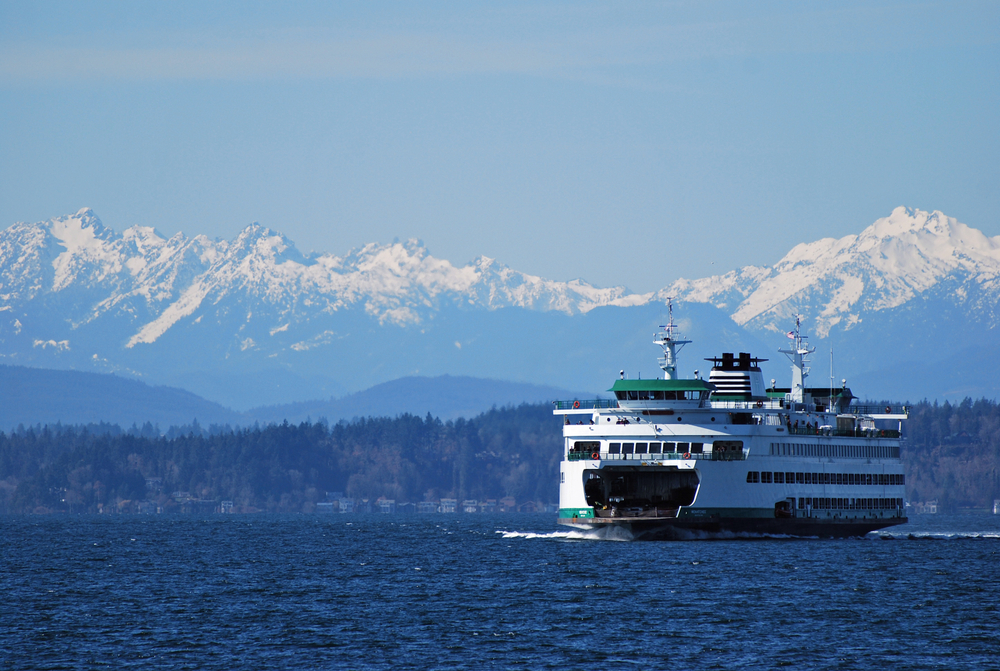
Washington State Ferries (WSF) recently launched a two-year Sustainability Action Plan highlighting the agency’s goals for fulfilling the Washington State Department of Transportation’s commitment to sustainability.
“Because we operate our 23 ferries on Puget Sound and manage 20 terminals on its shores, we have an obligation to ensure WSF is doing everything we can to protect our environment,” Amy Scarton, Washington State Department of Transportation assistant secretary, said. “This plan lays out our commitment to tackle these issues and continue our efforts to make Washington’s ferry system the greenest in the world.”
The plan focuses on six areas: air quality, biodiversity, community impacts and engagement, greenhouse gas emissions, waste, and water. It also includes ways to protect Puget Sound’s orca whale population.
WSF burns more than 18 million gallons diesel fuel annually, making it the state’s largest consumer of diesel, and generates the most carbon and other greenhouse gas emissions of any agency within the state transportation system.
The plan outlines ways to go beyond the state’s carbon dioxide emissions reduction requirements.
WSF also intends to develop an electric hybrid ferry program to reduce fuel consumption and to remove creosote-coated timber from Puget Sound.
The agency also will gather data and establish a baseline in the first two years.